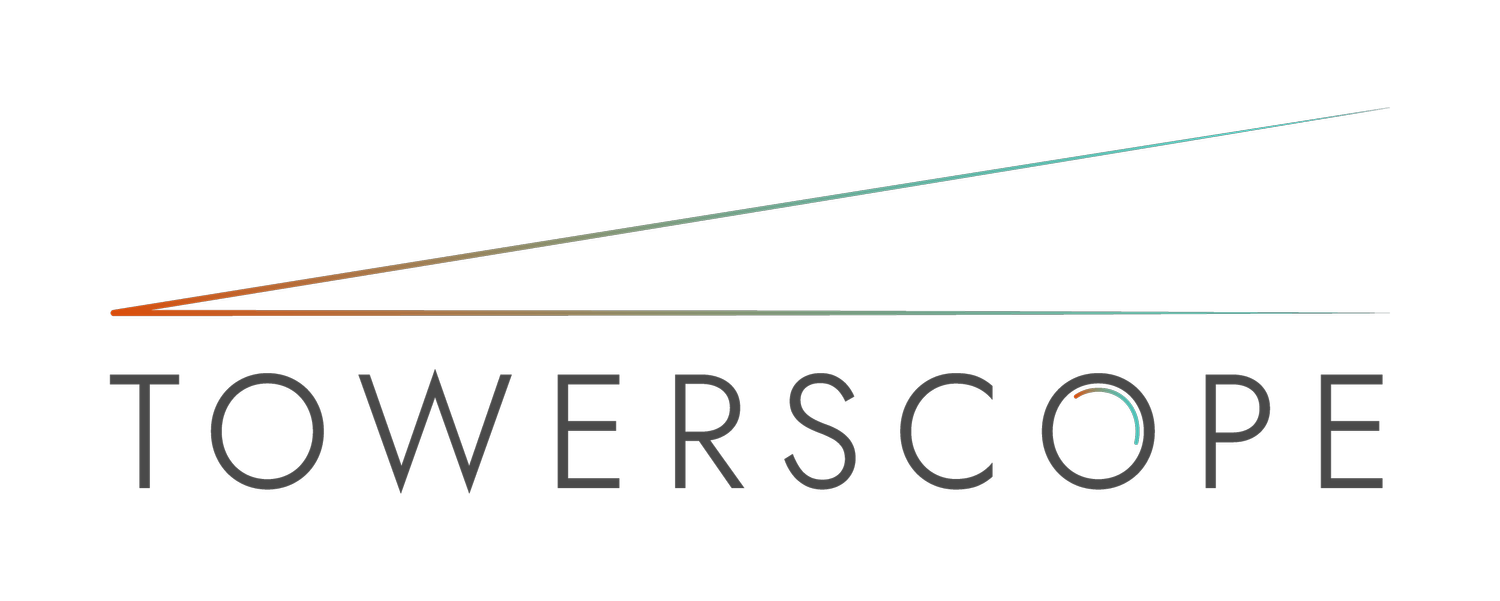I grew up in a communist country where everyone needed to fit into a specific expectation of appearance, thoughts, and beliefs. In some ways, you might say that this made things easy – nothing too hard to think about.
Can you tell where I am in this Kindergarten picture? Little girl, blue dress? Even when I stood out a little, I still fit into the culture.
I lost that feeling within months of when this picture was taken. My family immigrated to America under a Jewish political refugee sponsorship when I was 6 years old.
I went from fitting in, even when I stood out, to not fitting in no matter how much I tried to blend in. I didn’t speak or understand English – and by second grade was placed in a special education class because in the 80’s that was the general intervention for children who didn’t understand, regardless of reason.
It wasn’t until 5th grade that I felt I could have some small feeling of fitting in and not until high school that I had a group of friends rather than floating around.
Over time, I leaned on the one thing my parents recommended: education is what it takes be successful. And I leaned on it in the most high-achieving way: I went straight into a Master’s program after my Bachelor’s degree without having any life experience or clue what I was really interested in and I immersed myself in being a high achiever since that was the key to success.
I became a school counselor and I truly believed that with my Master’s degree, I had learned everything I needed to be successful.
Now let me ask you:
How did your traditional education help you succeed at work? What did it teach you to do?
What didn’t you learn in school about how to succeed at work?
Yup.
What I didn’t realize is that I only understood the language of my professional training.
The language of your profession is the:
History of the field
Frameworks of your training
Research & theories
Best practices
Common language
Common set of principles
I didn’t understand how my self-understanding and the organizational culture could impact my success trajectory.
The culture is ever-evolving and context-specific. It includes:
Workplace politics
Unspoken rules for how things get done
Work relationships
Visibility
Credibility
Power & influence
Systems-level change mechanisms
Just like I had to learn how to speak the language of my new country and then also understand the cultural nuances, the same applies to our professional growth.
After I got my PhD and started working as a clinical psychologist within one of the largest, most complex organizational systems in the U.S., I was fortunate to have a mentor that helped me learn and navigate the culture to the point that it sky-rocketed my career into leadership opportunities I could have never imagined for myself.
And that transformational journey was so powerful that I found myself drawn to codifying what I learned and helping others learn the skills.
Two of the most critical keys to that journey were:
Investing in myself through therapy, coaching, mentorship, taking assessments, etc. to learn who I am, separate from the context around me and also as a result of the context.
Surrounding myself with people who saw things in me I couldn’t see in myself - good friends, mentors, coaches, and smart, inspiring peers.
Finding my way without those things in my first profession made the journey arduous and frustrating. With those things, it became energizing and supportive.
That’s part of my story, and I bet you have one too!
Whether or not you moved countries or switched careers, identity development, belonging, and supportive guides are critical to our personal development and equally critical to our leadership development.
They shape how we think about our place in the world, how we show up in our professional world, and the level of impact we can make.
What were those moments for you? How have they shaped you?
It takes a willingness to face your fears, keep trying, connect with and develop a supportive community to develop the inner strength to lead.
The clearer you get about what you bring to your leadership and how your cultural context both influences you and can be influenced by you, the greater your potential leadership impact.
PS - Looking for a structured way to access those critical elements? Check out our Towerscope Leadership Academy here.


